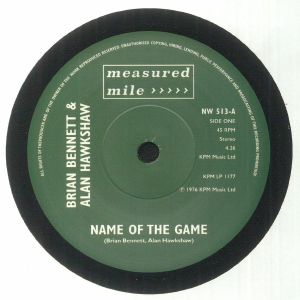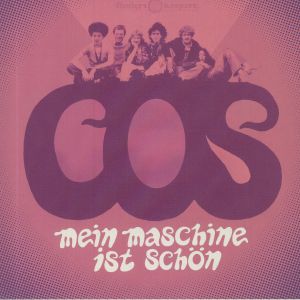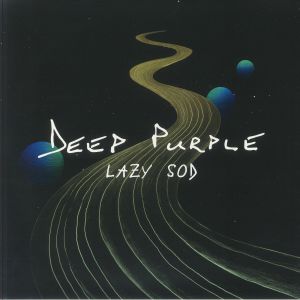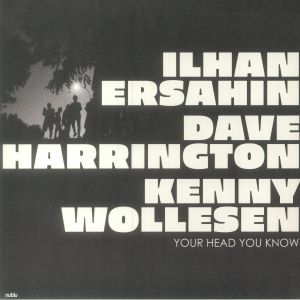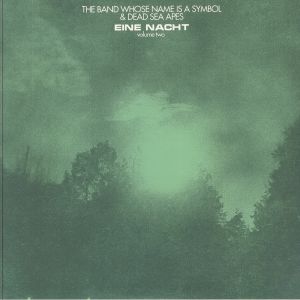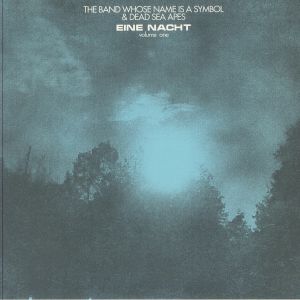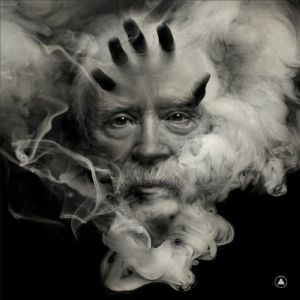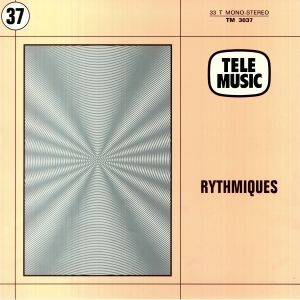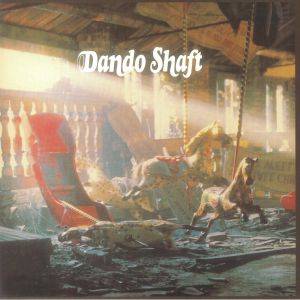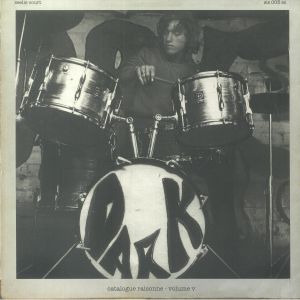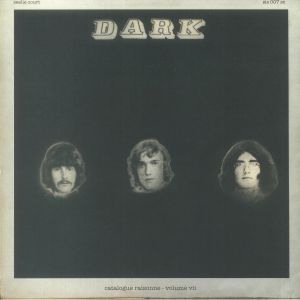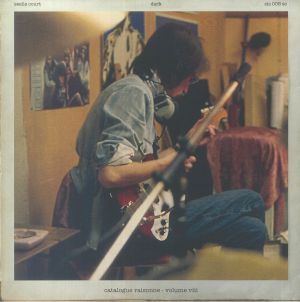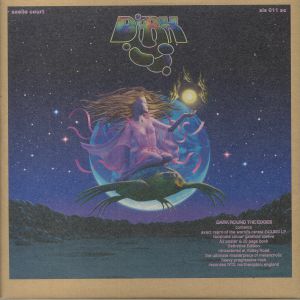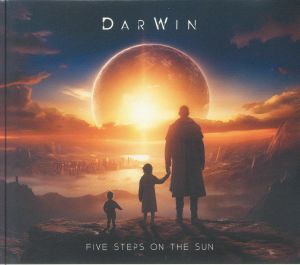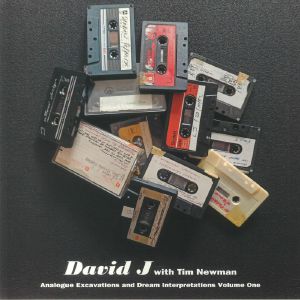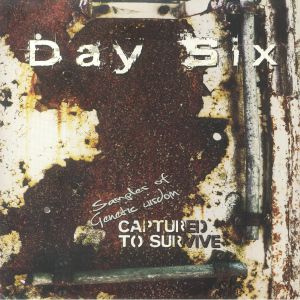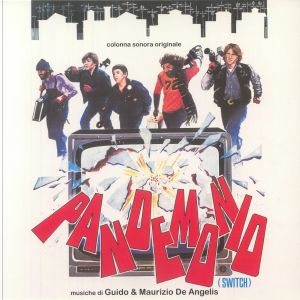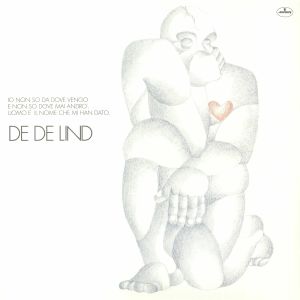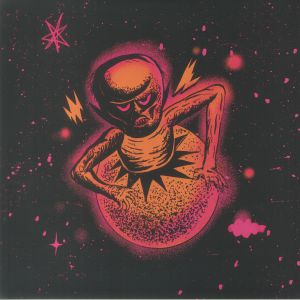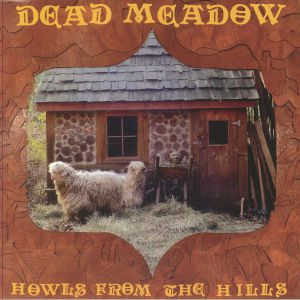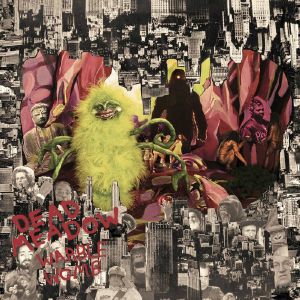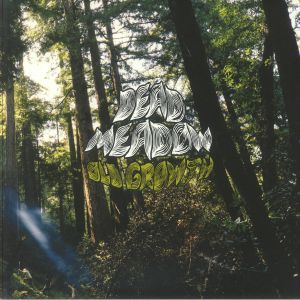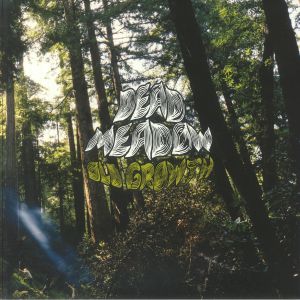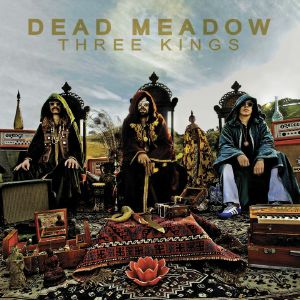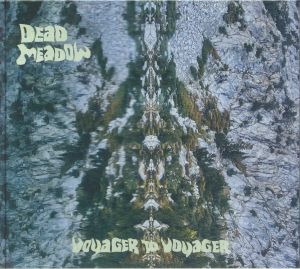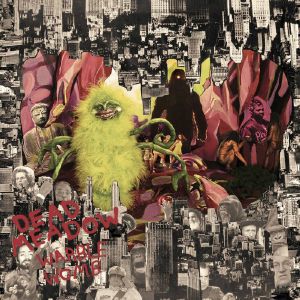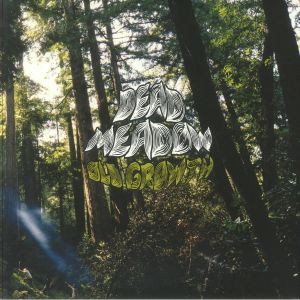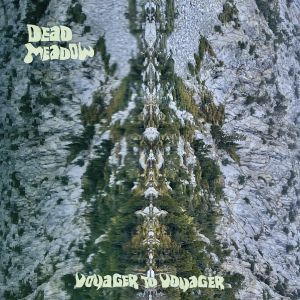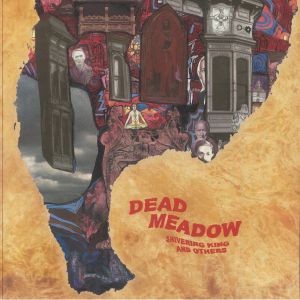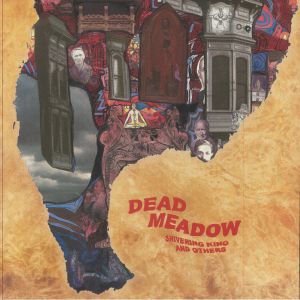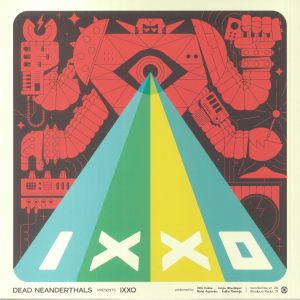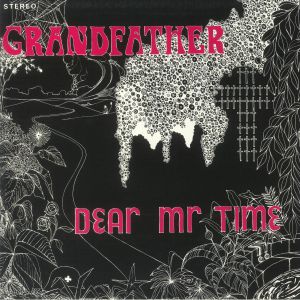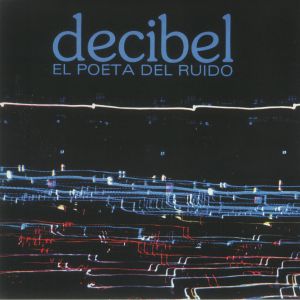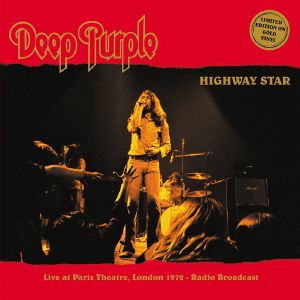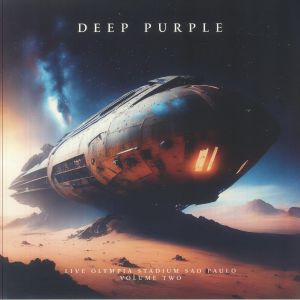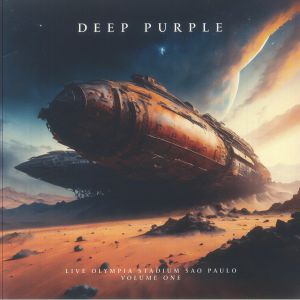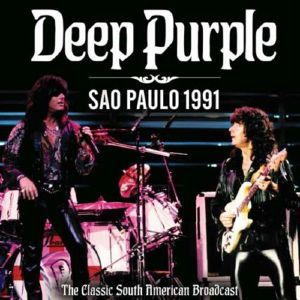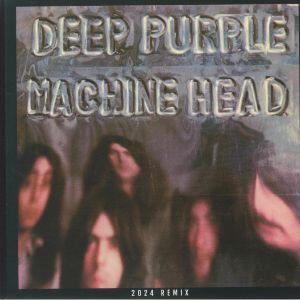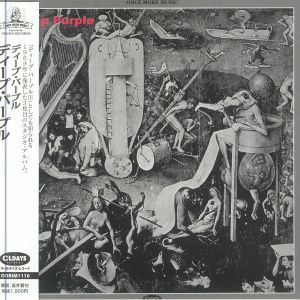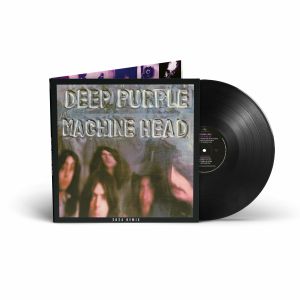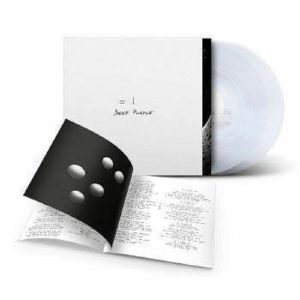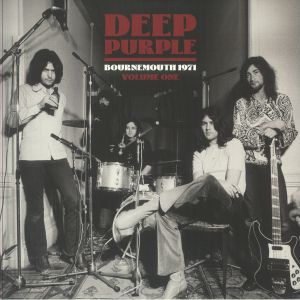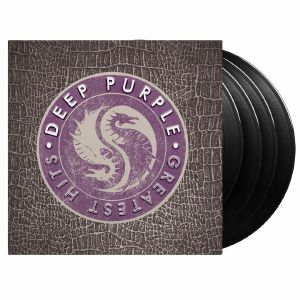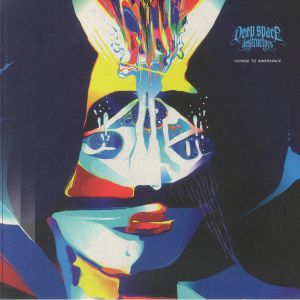Filter
Stock
Release Date
Artist
Label
Featured
Release Title
Price
Back catalogue: Progressive Rock
Juno's full catalogue of Progressive Rock
Singles
Cat: NW 513. Rel: 23 Nov 22
Review: Measured Mile is a new 7" label run by regular Ace consultant and confidante Bob Stanley. The plan is to release DJ-friendly 45s that are either very rare or previously unavailable on seven-inch. On this new one come two pieces from esteemed library musicians - the well known pairing of Alan Hawkshaw and Brian Bennett, and Dave Richmond. 'Name Of The Game' is a slow instrumental blues piece with beats ready to be plundered for hip-hop beats that once soundtracked a 1970s aftershave ad, while Richmond's 'Confunktion' is a motivational builder-upper with drums and organs aplenty.
… Read more in stock $12.66
Intérprete: Juno Recommends Rock/Indie
in stock $10.97
in stock $16.59
Your Head You Know (10" (indie exclusive))
Cat: 634457 116061. Rel: 19 Oct 23
in stock $26.98
Álbumes
Eine Nact Volume Three (purple vinyl LP + insert + MP3 download code)
Cat: FTR 769LP. Rel: 19 Aug 24
in stock $36.83
Eine Nact Volume Two (green vinyl LP + insert + MP3 download code)
Cat: FTR 768LP. Rel: 19 Aug 24
in stock $36.83
Eine Nact Volume One (blue vinyl LP + insert + MP3 download code)
Cat: FTR 767LP. Rel: 19 Aug 24
in stock $36.83
Lost Themes (10th Anniversary Expanded Edition) (hot pink vinyl LP + pink vinyl 7" with obi-strip)
Cat: SBR 369LPC2. Rel: 08 May 25
Review: John Carpenter's knack for cinematic storytelling without the screen takes centre stage on this deluxe reissue, marking ten years since the release of the great American soundtrack artist's first Lost Themes edition. The new expanded edition, complete with artwork by Greg Ruth, offers more than just a nostalgic revisit; it adds a new 7" featuring two unreleased tracks, 'Cruisin' With Mr. Scratch' and 'Dominator', both pulled from the original sessions. When it first came out, the album stood out for its vivid, visceral style, blending horror, science fiction, and eerie synthwork into standalone pieces that could easily score unseen films.
… Read more in stock $38.52
Review: The Tele Music catalogue follows a long tradition of library music mores; stock patterned album art and themed series included. Originally from 1973, Rhythmiques functions as one of the label's most iconic releases. Written entirely in collaboration between French composer and percussionist Pierre Dahan and synthesist Mat Camison, it features tense funk, blunted jazz and heavy breaks all the way. It is considered the rightful sequel to Continental Pop Sound, and despite the origin as library music intended for TV and film, has endured as a vital album for producers and DJs.
… Read moreIntérprete: THE REFLEX
in stock $30.94
in stock $24.74
Review: Dando Shaft were a British folk rock band active during the early 70s, and at the time of the release of their debut self-titler, all seemed to be looking up. This is reflected in its sound as much, with the album combining original songwriting and a sunny acoustic disposition with regional folk musics, whether they hailed from or near their local Coventry, or the furthest-Eastern corners of the globe. Trading Places do well to reissue this one, as it's a time-honoured classic that does solid justice to Dando Shaft's cache as one of the foremost group figures in the English folk revival movement of the 1960s and 70s.
… Read more in stock $21.10
in stock $8.44
in stock $8.44
in stock $8.44
Catalogue Raisonne: Vol. 11: Round The Edges (The Definitive Edition) (gatefold LP + poster + booklet)
Cat: SIS 011SC. Rel: 31 Jan 23
Review: Northampton-based psychedelic rock band Dark formed in 1968 while founding member Steve Giles was still at school. They quickly became popular on the live circuit and worked up a tight playing style that they managed to capture when in the studio. Their debut album is their most well-known but a long series of compilations have also been issued. However, this is the first-ever accurate reproduction of one of the last surviving original twelve gatefold copies of the band's debut with the full-colour gatefold sleeve.
… Read more in stock $14.35
in stock $18.84
DAVID J with TIM NEWMAN
Analogue Excavations & Dream Interpretations Volume One (Record Store Day RSD 2022) (B-STOCK) (tangerine vinyl LP)
Cat: GLAMLP 037 (B-STOCK). Rel: 01 Jan 90
B-STOCK: Torn sleeve, otherwise in excellent working condition
The Clock Becomes An Impersonator Of Torture
Raintown
Deep At Rest
The Hollow Men
Miles Goes To Macclesfield
All Colours Of Earth
Oblique
Berlin Crossing
Tiny Gun
in stock $14.35
in stock $22.22
Il Concerto Ritrovato (gatefold white vinyl 2xLP)
Cat: 196588 552816. Rel: 14 Nov 24
in stock $53.97
Switch/Pandemonio (Soundtrack) (limited crystal clear vinyl LP)
Cat: DDJLP 28DLX. Rel: 03 Mar 25
in stock $26.95
Io Non So Da Dove Vengo E Non So Dove Mai Andro Uomo E Il Nome Che Mi Han Dato (limited gatefold transparent green vinyl LP)
Cat: VMLP 083G. Rel: 20 Feb 23
in stock $33.46
Entropy Death (limited orange vinyl LP + insert + MP3 download code)
Cat: DFR 15. Rel: 27 Jun 23
in stock $33.46
in stock $29.53
Warble Womb (reissue) (gatefold neon orange vinyl 2xLP limited to 250 copies)
Cat: HPS 333DLPLTD. Rel: 27 Mar 25
in stock $36.28
Old Growth (reissue) (gatefold neon green vinyl 2xLP + inserts limited to 250 copies)
Cat: HPS 340LTD. Rel: 16 Apr 25
in stock $39.09
Old Growth (reissue) (gatefold 2xLP + inserts)
Cat: HPS 340. Rel: 11 Apr 25
in stock $31.77
Three Kings (reissue) (gatefold 2xLP)
Cat: HPS 332. Rel: 16 May 25
in stock $31.49
in stock $15.47
Warble Womb (reissue) (gatefold 2xLP)
Cat: HPS 333DLP. Rel: 27 Mar 25
in stock $30.08
Old Growth (reissue) (limited gatefold green orange yellow & red splattered vinyl 2xLP + inserts)
Cat: HPS 340ULTRA. Rel: 15 Apr 25
in stock $50.33
Review: Dead Meadow's latest offering marks a major leap forward for the legendary American psychedelic trio, blending their signature sound with new emotional depth. While their past albums have dazzled with expansive, mind-melting riffs and heavy cosmic grooves, this release brings a raw, introspective energy that highlights their lasting presence in the psych-rock world. Tracks like 'The Space Between' and 'A Wave Away' show the band experimenting with softer, more reflective moments, balancing their traditionally heavy sound with delicate, expansive textures. Drummer Mark Laughlin delivers some of his best performances yet, especially on 'Dead Tree Shake,' while the influence of late bassist Steve Kille is strongly felt throughout. His final contributions are heard in the powerful closing track, 'Voyager to Voyager,' where his artistry resonates deeply. This album proves Dead Meadow are evolving i not just in their sound, but in the essence of what continues to make them a standout act in modern psychedelic rock.
… Read more in stock $21.93
Three Kings (reissue) (limited gatefold evergreen vinyl 2xLP + insert)
Cat: HPS 332LTD. Rel: 16 Apr 25
in stock $35.71
Shivering King & Others (reissue) (gatefold 2xLP + inserts)
Cat: HPS 339. Rel: 11 Apr 25
in stock $28.40
Shivering King & Others (reissue) (limited gatefold brown vinyl 2xLP)
Cat: HPS 339LTD. Rel: 15 Apr 25
in stock $35.71
in stock $23.34
in stock $34.59
El Poeta Del Ruido (reissue) (limited gatefold blue vinyl LP)
Cat: CLO 1526. Rel: 19 Jan 22
in stock $28.11
Highway Star: Live At Paris Theatre, London 1972, Radio Broadcast (limited gold vinyl LP)
Cat: ROOM 171. Rel: 28 Apr 25
in stock $19.96
Live Olympia Stadium Sao Paulo Volume Two (gatefold purple vinyl 2xLP)
Cat: EWR 050LPLTD. Rel: 28 Apr 25
in stock $28.40
Live Olympia Stadium Sao Paulo Volume One (gatefold purple vinyl 2xLP)
Cat: EWR 049LPLTD. Rel: 28 Apr 25
in stock $28.40
in stock $14.06
Machine Head (2024 Remix) (gatefold LP + poster)
Cat: 603497 825318. Rel: 04 Oct 24
Review: Machine Head is the 1972 sixth LP from Deep Purple, best known for its pandora's box-style unleashing of one of the best-recalled rock riffs in the world: 'Smoke On The Water'. Now Warner and Rhino honour the album's boisterous legacy with a comprehensive reissued version, with new mixes and previously unreleased live recordings all in tow. The new indie exclusive mainly recalls such intensive wildouts such as 'Never Before', 'Lazy' and 'Highway Star', all of which betray the tightest of tight early heavy metal playing, as the genre transpired gracefully outwards from the groundwater spring of rock & roll in the early-to-mid 70s; in fact, the band and album were considered somewhat responsible for the development for the heavy metal genre as a whole; no wonder Machine Head was their most successful album.
… Read more in stock $34.31
in stock $20.23
in stock $6.47
in stock $36.83
Equals 1 (limited gatefold 180 gram crystal clear vinyl 2xLP + booklet (indie exclusive))
Cat: 402975 9191414. Rel: 26 Jul 24
in stock $44.99
Bournemouth 1971 Volume One (gatefold translucent purple vinyl 2xLP)
Cat: PARA 569LP. Rel: 01 Oct 24
in stock $30.08
Greatest Hits (180 gram audiophile vinyl 4xLP)
Cat: MOVLP 3825B. Rel: 22 May 25
in stock $87.16
Voyage To Innerspace (hand-numbered gatefold LP + insert + MP3 download code limited to 148 copies)
Cat: SRP 81. Rel: 11 Jul 24
in stock $47.81

 USD
USD





